How Long Does Sobriety Fatigue Last For?
How long does it take for your skin to clear up after quitting drinking? According to experts, your skin should completely clear up within a month after quitting drinking — except in the heaviest of former drinkers. At 2 weeks, most drinkers should no longer experience acid reflux. The lining in your stomach has had time to heal from constant inflammation and returns to normal. After 7 days, most drinkers will notice their skin hydration improve.
– 6 months: Your Body Will Heal
You won’t want to miss out on the chance to participate alongside fellow Reframers (or solo if that’s more your thing!). Alcohol will generally leave your system in 6-72 hours, depending on the amount consumed and the type of test you take. The NHS supports anyone who self-refers and offers occasional one-to-ones and weekly group sessions.
What happens when you quit drinking alcohol for one year?
It is important to remember that all you are experiencing when quitting alcohol will soon pass and you will be on to live a sober and more fulfilling life. Do not be defeated, your success rests in your own https://countryboxclothing.com/what-are-the-top-5-most-addictive-drugs-in-the/ hands. Alcohol causes you to produce excessive amounts of urine, leading to dehydration.
- I knew that any amount of alcohol was disrupting my sleep, compromising my health, and making my swings between anxiety and depression way worse.
- Sobriety fatigue differs from withdrawal symptoms in several ways.
Depressant Withdrawal Timeline
In addition to healthier activities, at this point, you’ll likely enjoy a more normal appetite. 1 year sober anniversary It’s common to maintain a more steady diet in sobriety, instead of skipping breakfast the morning after drinking, for example. It’s also vital to consult a medical professional before you stop drinking. Alcohol withdrawal is a serious medical concern, and you should make a plan with your physician to ensure that you can start cutting back safely. But perhaps most critically for people currently experiencing sobriety fatigue, the actions you take during your recovery can affect your experience of fatigue as well.

What happens when you quit drinking alcohol for one month?
When thinking about sobriety fatigue and how long it may last, it’s important to remember that it is a short-term condition that will fade over time. Sticking to your recovery plan is the best way to power through what can be a tough period. In most instances, sobriety fatigue will last for a couple of weeks but could persist for months and up to a year after getting sober. When I pictured my future non-drinking life seven months ago, it was hazy and it seemed like I was picturing someone else’s life. But I was drawn to it the same because it sparked a Alcoholics Anonymous hope inside me.

Importance of Consistency in Early Recovery
But, as time goes on, you find yourself back to where you were before you started addiction recovery in the first place. Remember that addiction is often the result of coping with an underlying mental health issue. Using these behaviors as a way of coping can be a relapse, even if you aren’t using drugs or alcohol again. Sometimes, relapsing might be a change from alcohol or drug addiction to another addictive behavior.
